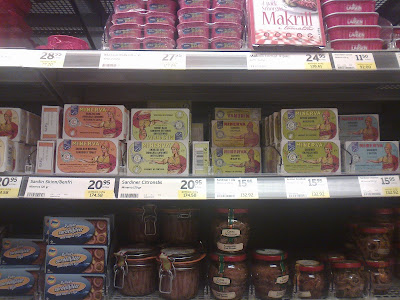And you, how do you wash your cloths?
"Fighting the most devastating myths by building a fact-based world view that everyone understands." Gapminder is a non-profit venture – a modern “museum” on the Internet – promoting sustainable global development and achievement of the United Nations Millennium Development Goals. Gapminder was founded in Stockholm by Ola Rosling, Anna Rosling Rönnlund and Hans Rosling on February 25, 2005. It is an operating foundation that provides sevices as defined by the board, sometimes as collaborative projects with universities, UN organisations, public agencies and non-governmental organisations.


